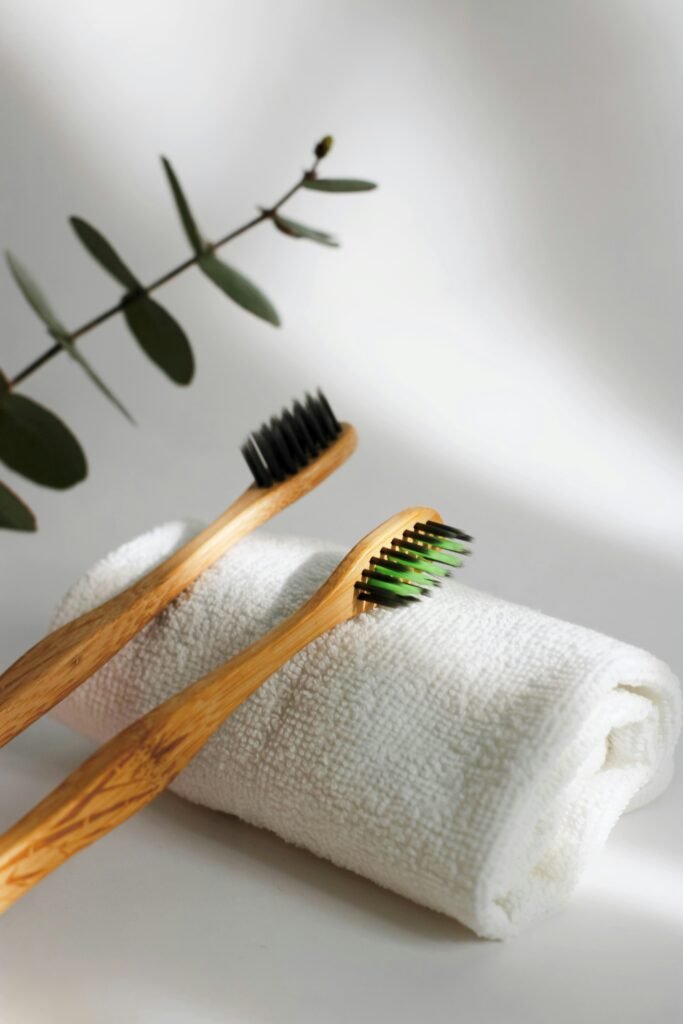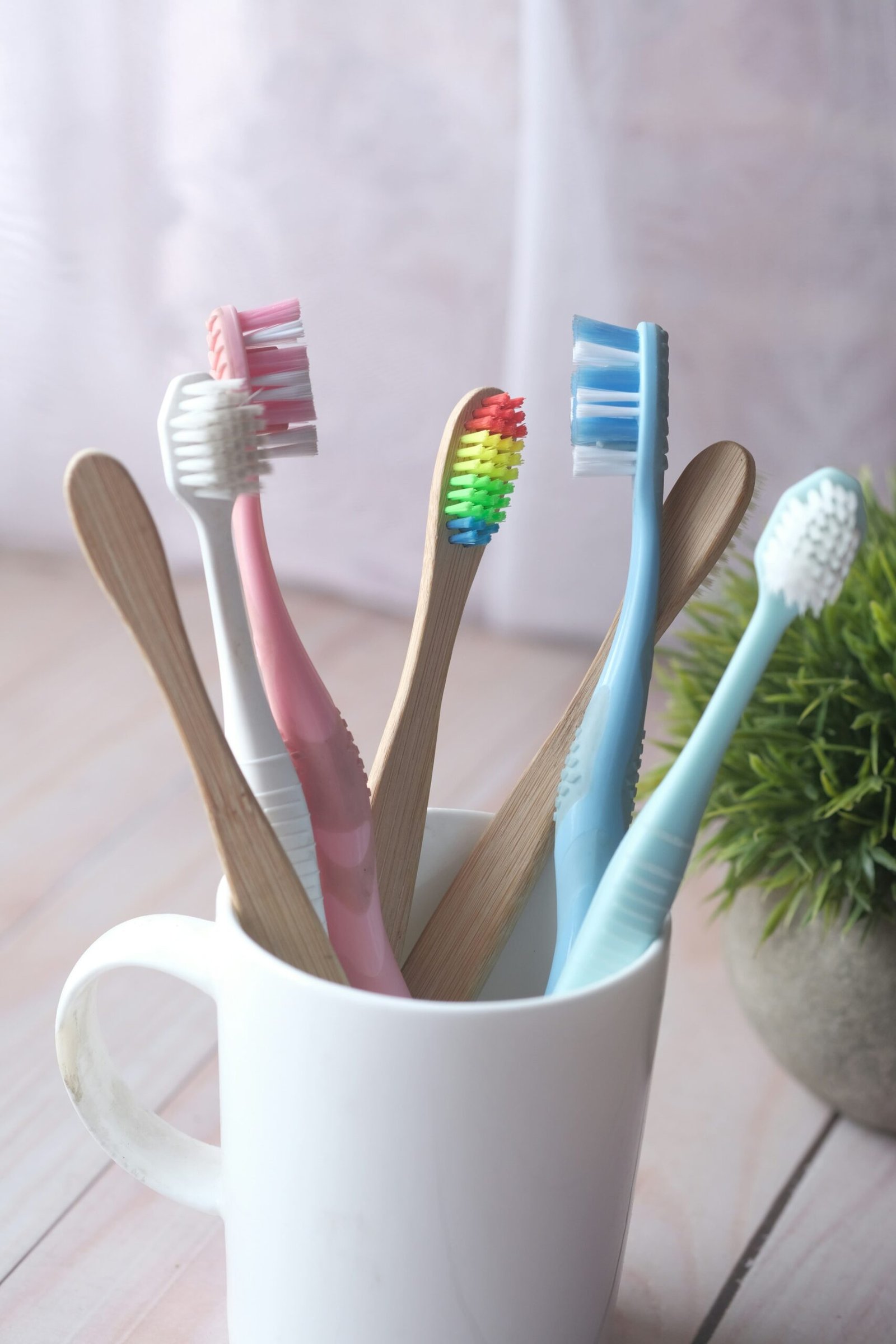Proper oral hygiene is essential for maintaining overall health and preventing dental problems. One of the most crucial aspects of oral care is brushing your teeth correctly. In this guide, we will explore the best teeth brushing techniques to ensure you achieve optimal dental health.
The Importance of Teeth Brushing
Brushing your teeth regularly helps prevent cavities and decay, which are common dental issues that can lead to more severe problems if left untreated. It also helps avoid gum disease, a condition that can cause pain, swelling, and even tooth loss. Furthermore, proper brushing eliminates bad breath, enhancing your confidence and social interactions. Lastly, maintaining good oral hygiene contributes to overall health, as poor dental care has been linked to various systemic diseases.
Types of Toothbrushes
When it comes to toothbrushes, there are several options to choose from. Manual toothbrushes are the traditional choice and can be effective when used correctly. They are typically more affordable and widely available. Electric toothbrushes, on the other hand, offer advanced technology that can make brushing more efficient and easier for those with limited dexterity. Sonic toothbrushes are a subtype of electric toothbrushes that use high-frequency vibrations to clean teeth more thoroughly.
Choosing the Right Toothbrush
Selecting the right toothbrush involves considering several factors. The bristle type is crucial; soft bristles are generally recommended as they are gentle on gums and enamel. The head size and shape should allow easy access to all areas of the mouth, especially the back teeth. The handle should be comfortable to hold and provide a good grip. Additionally, looking for a toothbrush with the American Dental Association (ADA) Seal of Approval ensures it meets quality standards.
Types of Toothpaste
Toothpaste comes in various formulations to meet different needs. Fluoride toothpaste is essential for preventing cavities and strengthening enamel. Whitening toothpaste contains mild abrasives and chemicals to remove surface stains and brighten teeth. Tartar control toothpaste helps prevent the buildup of tartar, which can lead to gum disease. Toothpaste for sensitive teeth contains ingredients like potassium nitrate to reduce discomfort. Natural toothpaste is an option for those who prefer products with fewer synthetic ingredients.
How to Brush Your Teeth: Step-by-Step Guide
Proper brushing technique is vital for effective cleaning. Start by wetting the toothbrush and applying a pea-sized amount of toothpaste. Hold the toothbrush at a 45-degree angle to your gums and use gentle, circular motions to clean the outer surfaces of your teeth. Next, brush the inner surfaces and chewing surfaces, ensuring you reach all areas. Aim to brush for at least two minutes, spending about 30 seconds on each quadrant of your mouth. Finally, rinse your mouth and toothbrush thoroughly.

Common Brushing Mistakes
Many people make mistakes when brushing their teeth. Brushing too hard can damage enamel and irritate gums. Using the wrong type of toothbrush, such as one with hard bristles, can cause similar issues. Not brushing long enough means some areas may be missed, leading to plaque buildup. Ignoring the gum line can result in gum disease, and skipping tongue brushing allows bacteria to accumulate, causing bad breath.
Brushing Frequency
To maintain good oral health, it is recommended to brush your teeth twice a day, preferably in the morning and before bed. Brushing after meals and snacks can also be beneficial, especially if you consume sugary or acidic foods. This practice helps remove food particles and bacteria that can lead to decay and gum disease.
Additional Oral Hygiene Practices
In addition to brushing, other oral hygiene practices are essential. Flossing removes plaque and food particles between teeth where a toothbrush cannot reach. Using mouthwash can help kill bacteria and freshen breath. Interdental brushes are useful for cleaning around braces and dental work. Tongue scraping helps remove bacteria and improve breath.
Benefits of Proper Teeth Brushing
Brushing your teeth properly offers numerous benefits. It helps prevent dental issues such as cavities, gum disease, and bad breath. Improved oral health also contributes to better overall health, as it reduces the risk of systemic diseases linked to poor dental hygiene. Additionally, maintaining a clean and healthy mouth boosts confidence and enhances social interactions.
Understanding Plaque and Tartar
Plaque is a sticky film of bacteria that forms on teeth and can lead to decay and gum disease if not removed. Tartar, or calculus, is hardened plaque that cannot be removed by brushing alone and requires professional cleaning. Understanding the differences between plaque and tartar, and the importance of regular dental visits, is crucial for maintaining oral health.
Role of Diet in Oral Health
Diet plays a significant role in oral health. Sugary snacks and acidic foods and drinks can contribute to tooth decay and enamel erosion. Eating teeth-friendly foods like dairy products, which provide calcium, and crunchy fruits and vegetables, which stimulate saliva production, can help maintain healthy teeth. Staying hydrated is also important for oral health, as water helps wash away food particles and bacteria.
Impact of Smoking and Alcohol on Oral Health
Smoking and alcohol consumption have negative effects on oral health. Smoking can cause gum disease, tooth staining, and oral cancer. Alcohol can lead to dry mouth, which increases the risk of decay and gum disease. Taking preventive measures, such as quitting smoking and moderating alcohol intake, can significantly improve oral health.
Brushing Techniques for Different Age Groups
Different age groups have unique brushing needs. For children, it is important to use age-appropriate toothbrushes and toothpaste and to supervise brushing to ensure good habits are developed. Teens with braces need to pay extra attention to cleaning around brackets and wires. Adults should focus on maintaining healthy gums and preventing plaque buildup. Seniors may need to adapt their brushing techniques to accommodate dentures and bridges.
Special Brushing Needs
Certain dental conditions require special brushing techniques. People with braces or other orthodontic appliances need to use specific tools to clean around their hardware. Dental implants require gentle brushing to avoid damaging the surrounding gum tissue. Those with gum disease should focus on cleaning the gum line to prevent further progression of the disease.
Expert Insights
Experts in the dental field provide valuable insights into proper oral hygiene. Dentists recommend using a soft-bristled toothbrush and brushing for at least two minutes twice a day. Dental hygienists emphasize the importance of flossing and using mouthwash to complement brushing. These professional tips can help you maintain optimal oral health.
Personal Stories and Case Studies
Real-life experiences highlight the importance of proper teeth brushing. Success stories from individuals who improved their oral health through diligent brushing and other hygiene practices can be inspiring. These stories demonstrate the positive impact of good oral hygiene on overall health and well-being.
FAQs about Teeth Brushing
How Often Should I Replace My Toothbrush? It is recommended to replace your toothbrush every three to four months or sooner if the bristles are frayed.
Is Electric Toothbrush Better than Manual? Electric toothbrushes can be more effective at removing plaque and reducing gum disease, but a manual toothbrush can be equally effective if used correctly.
Can Brushing Too Hard Damage My Teeth? Yes, brushing too hard can wear down enamel and cause gum recession. It is important to use gentle pressure.
What is the Best Toothpaste for Sensitive Teeth? Toothpaste with potassium nitrate or stannous fluoride can help reduce sensitivity by blocking pathways to the nerves.
Conclusion
Proper teeth brushing is essential for maintaining oral and overall health. By following the techniques and tips outlined in this guide, you can ensure your teeth and gums remain healthy and strong. Remember, good oral hygiene practices lead to a brighter smile and a healthier life. If you’d like more advice please reach out to the best dentist Sandy, Utah.
